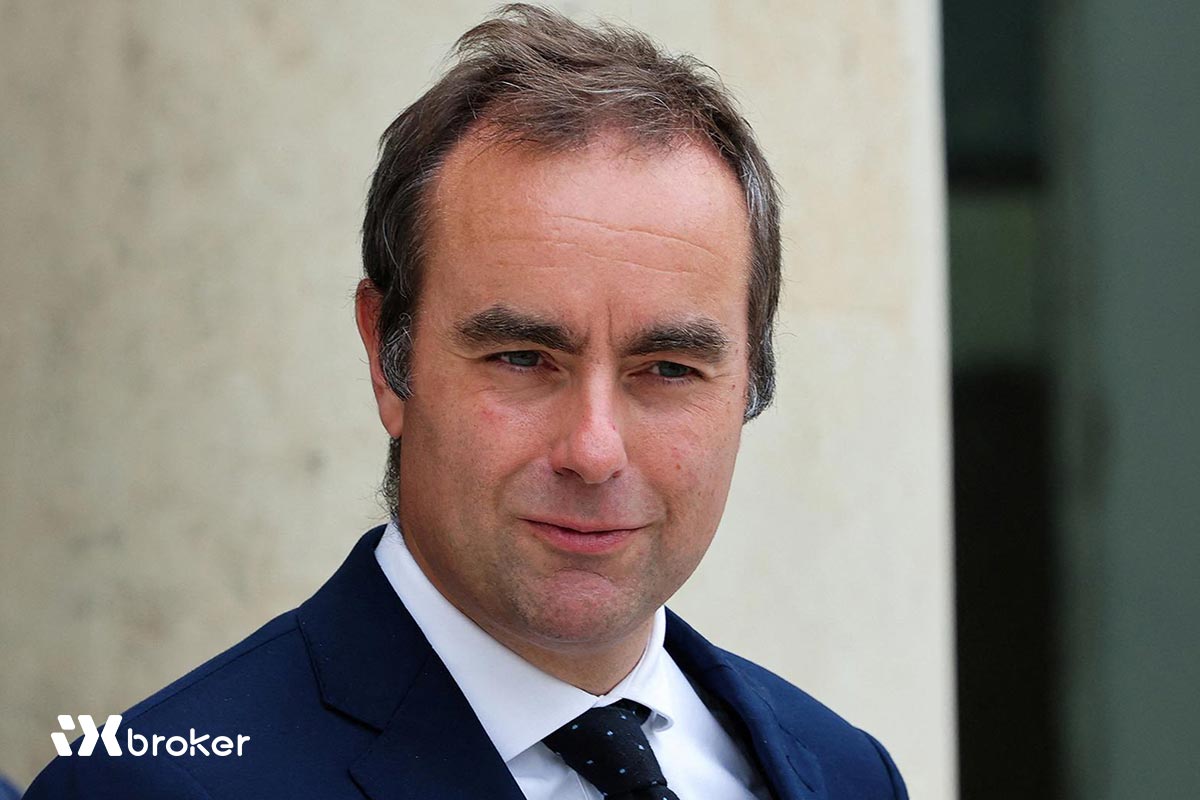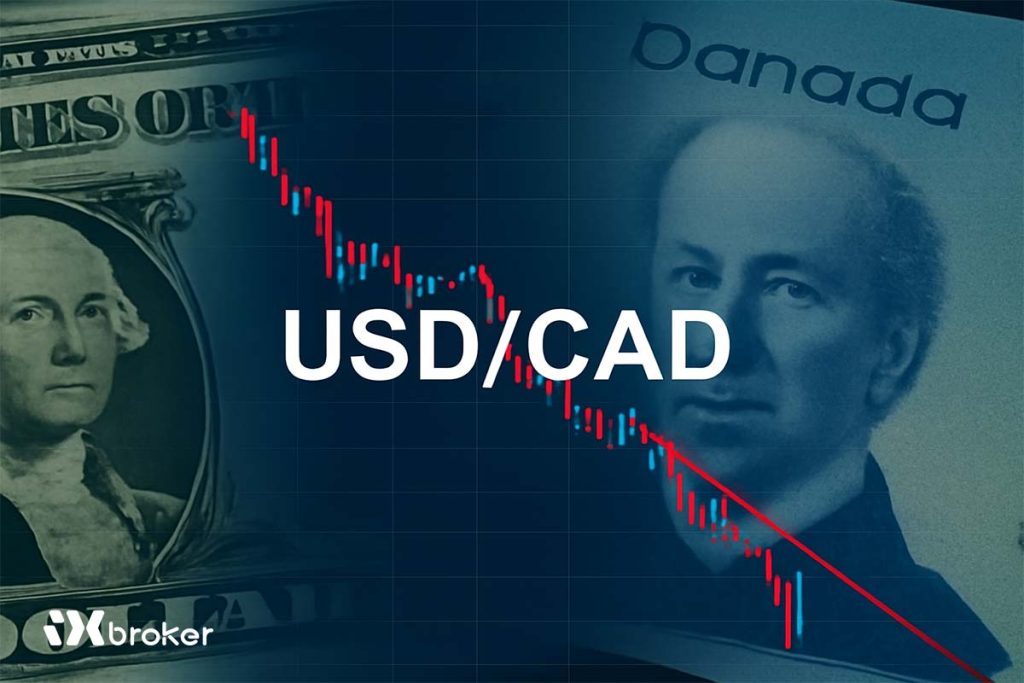French President Emmanuel Macron has reinstated Sebastien Lecornu as prime minister, just days after his resignation, in a calculated move to restore political stability and secure passage of France’s 2026 budget through a deeply fractured parliament.
Macron, 47, is betting that Lecornu’s loyalty and pragmatism can help navigate the country’s most severe political crisis in decades, despite mounting pressure from opposition leaders calling for snap elections or even Macron’s resignation.
Lecornu faces urgent budget deadline
Lecornu’s immediate challenge is to submit a new budget to parliament by Monday, a critical step to prevent the government from stalling.
“I accept—out of duty—the mission entrusted to me by the President of the Republic to do everything possible to provide France with a budget by year-end and address the daily concerns of our citizens,” Lecornu posted on X. “We must end this political crisis that frustrates the French people and undermines the country’s image and interests.”
Political fractures deepen as opposition resists Macron’s move
In a meeting with centrist and mainstream party leaders, Macron sought to rally support for his decision. Left-wing politicians, however, criticized the choice, arguing the president ignored their demand for a broader consensus government. Their reaction suggests Macron’s administration could face the same instability that plagued previous ones.
If Lecornu’s government collapses again, Macron may have little choice but to call a snap parliamentary election—a scenario analysts say would likely boost the far-right National Rally (RN).
Socialist Party leader Olivier Faure warned that while the opposition does not seek a parliamentary dissolution, they are “not afraid” of one either.
Markets react to growing uncertainty
France’s prolonged political instability has rattled financial markets and weakened business confidence. The turmoil stems largely from Macron’s failed legislative gamble last year, which resulted in a hung parliament divided among three opposing ideological blocs.
The country’s fiscal challenges—requiring spending cuts or tax hikes that no party can agree on—have exacerbated the gridlock. Macron’s rivals are also positioning themselves for the 2027 presidential race, further complicating cooperation.
If parliament fails to approve a budget in time, the government could be forced to rely on emergency legislation to operate on a temporary roll-over budget.
Far-right excluded as Macron seeks centrist backing
Macron notably excluded Marine Le Pen’s far-right RN and the hard-left France Unbowed (LFI) from his talks with party leaders. RN chief Jordan Bardella accused Macron of prioritizing political survival over the French people’s interests. “The RN is honored not to have been invited. We are not for sale to those around Macron,” Bardella wrote on X.
Economic cost of political paralysis
Bank of France Governor Francois Villeroy de Galhau warned Friday that ongoing uncertainty could shave 0.2 percentage points off GDP growth this year. “Uncertainty is the number one enemy of growth,” he said in an interview with RTL radio, adding that while business sentiment had weakened, the economy remained fundamentally sound.
France’s recent budget battles have already claimed three prime ministers within 12 months. Key sticking points include opposition demands to repeal Macron’s 2023 pension reform—raising the retirement age—and calls for higher taxes on the wealthy, which conservatives oppose.
Macron has reportedly offered to delay the full implementation of the pension age increase to 2028, but Green Party leader Marine Tondelier dismissed the gesture as “insufficient.”
Villeroy emphasized that the deficit should ideally not exceed 4.8% of GDP by 2026, compared to a forecast 5.4% this year—well above the European Union’s 3% limit. Macron’s previous prime minister, Francois Bayrou, was ousted after lawmakers rejected his plan to cut €44 billion in spending to bring the deficit to 4.6%.



